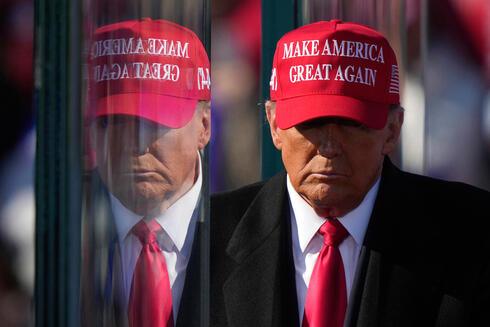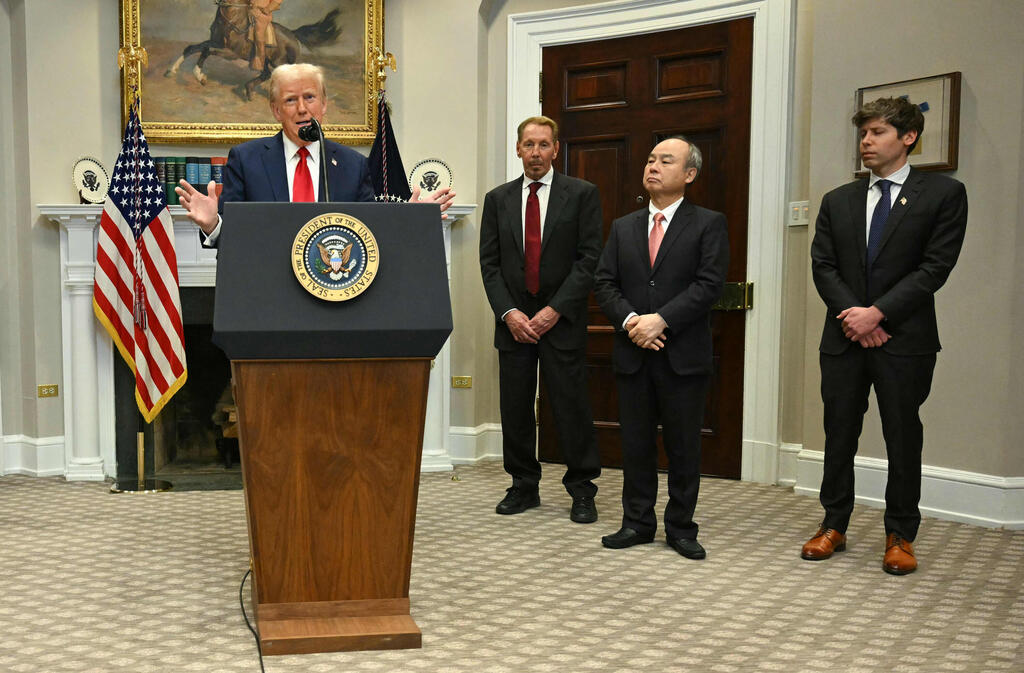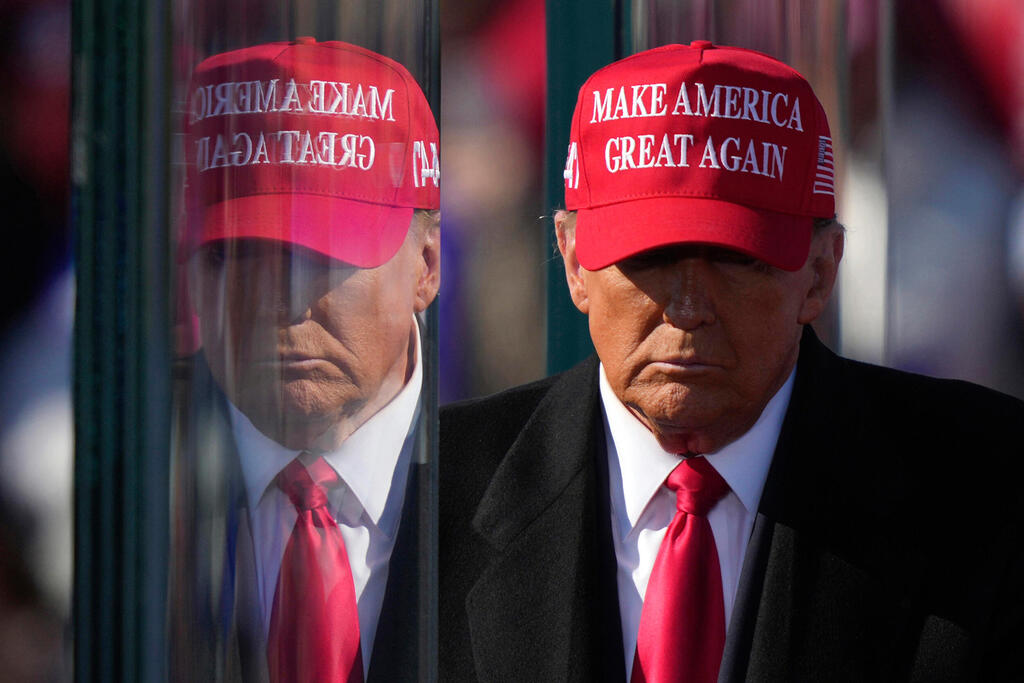
Analysis
Project Stargate: Trump’s answer to the Manhattan Project for the AI era
With a $500 billion investment led by OpenAI, SoftBank, and Oracle, the US is doubling down on AI innovation.
On October 9, 1941, U.S. President Franklin Roosevelt gave initial approval to an ambitious research project to develop something no one was entirely sure could be made a reality: a bomb that would release energy not by igniting an explosive, but by splitting the nucleus of an atom. The project, codenamed the Manhattan Project, achieved its goal in less than four years, creating a new political, security, and cultural reality that continues to shape our world to this day. On January 21, 2025, Donald Trump appeared in the Roosevelt Room of the White House and unveiled what could one day be considered his counterpart to the Manhattan Project: the Stargate Project, an ambitious initiative worth up to half a trillion dollars that, if successful, could have a similarly profound political, security, and cultural impact. Instead of developing an atomic bomb or another weapon, this project focuses on artificial intelligence (AI). And instead of being led by a Jewish scientist named Robert Oppenheimer, it is led by a Jewish entrepreneur named Sam Altman.
Project Stargate is the name of a new company jointly owned by OpenAI, Japan's SoftBank, and other partners. It is set to invest up to $500 billion in the U.S. over four years to build data centers and other infrastructure needed for the next breakthroughs in AI development, including artificial general intelligence (AGI). The project is launching with an immediate investment of $100 billion. OpenAI and SoftBank are each set to invest $19 billion and will collectively hold 40% of the venture. Oracle and the UAE investment fund MGX will each invest $7 billion, with the remaining funds to be raised from other investors, funds, and debt financing.
“This monumental undertaking is a resounding declaration of confidence in America's potential,” Trump said at the press conference, flanked by Altman, SoftBank founder and CEO Masayoshi Son, and Oracle founder and CEO Larry Ellison. “This is the largest AI infrastructure project in history.” Altman promised that the project would create hundreds of thousands of new jobs in the United States. “I'm thrilled we get to do this in the U.S. This will be the most important project of this era,” he said. Later, in an interview with Fox News, he added, “I think with another president it wouldn’t have been possible. But we’re excited to do this, and I think it’s going to be great for Americans and great for the whole world.”
Massive investment in artificial intelligence aligns with Trump’s America First vision, which aspires to return the U.S. to the position of global leadership and dominance it enjoyed in the first decades after World War II. Just as Roosevelt identified atomic research as key to controlling humanity’s future, Trump now identifies artificial intelligence as essential to preserving and strengthening American dominance. Trump is not the first in the White House to recognize this. His predecessor, Joe Biden, also emphasized the importance of AI. However, while Biden’s strategy focused on restricting access to high-performance chips for China, the main rival in the field, and leaving much of the development to U.S. technology companies, Trump believes a government-supported initiative is also necessary to encourage and foster domestic research in the field.
2 View gallery


Donal Trump speaks as Larry Ellison, Masayoshi Son and Sam Altman look on
(Jim WATSON / AFP)
The Stargate Project is a classic Trumpian victory: gaining credit for a massive investment in the U.S. economy that will create jobs on a large scale without requiring direct government spending. However, Trump does provide government support in the form of deregulation, initiated during the Biden administration, to facilitate the development and deployment of AI systems and to create an environment that incentivizes companies to conduct their R&D activities in the U.S. This move highlights America’s divergence from the European Union, where stricter regulations on technology companies have slowed AI development and product launches.
While the EU’s regulatory approach aims to address antitrust issues and prevent potential harm from unchecked AI development, it has also reduced the willingness of companies to innovate within Europe. Caution in developing transformative technologies is vital to ensuring adequate safety mechanisms. However, countries without democratic and liberal values, such as China, pose a real risk of achieving significant breakthroughs before Western nations. Just as the world would not have wanted Nazi Germany to win the race for the atomic bomb, it would not want China to lead in AI or AGI.
AGI, considered the "holy grail" of artificial intelligence, refers to systems capable of solving problems, thinking creatively, and generating original ideas on a scale far surpassing human capabilities. While AGI remains a theoretical goal, recent advances in generative AI (GenAI), driven by Altman and OpenAI, have made this dream more realistic. With sufficient investment, talented developers, and robust computing power, AGI may become a reality within a decade or two.
However, AGI development carries significant risks, including loss of human control, misuse for unsafe purposes, flawed moral or ethical decision-making, and even existential threats to humanity. Despite these concerns, the pursuit of AGI will not stop, particularly in countries like China. Trump and his collaborators believe the U.S. must win this race. While the Stargate Project does not directly aim to develop AGI, it will provide the computing infrastructure necessary to make AGI feasible and ensure U.S. dominance in AI. This includes not only leadership in AI research and development but also control over the infrastructure and processing power required to achieve future breakthroughs and deploy their products at scale.














